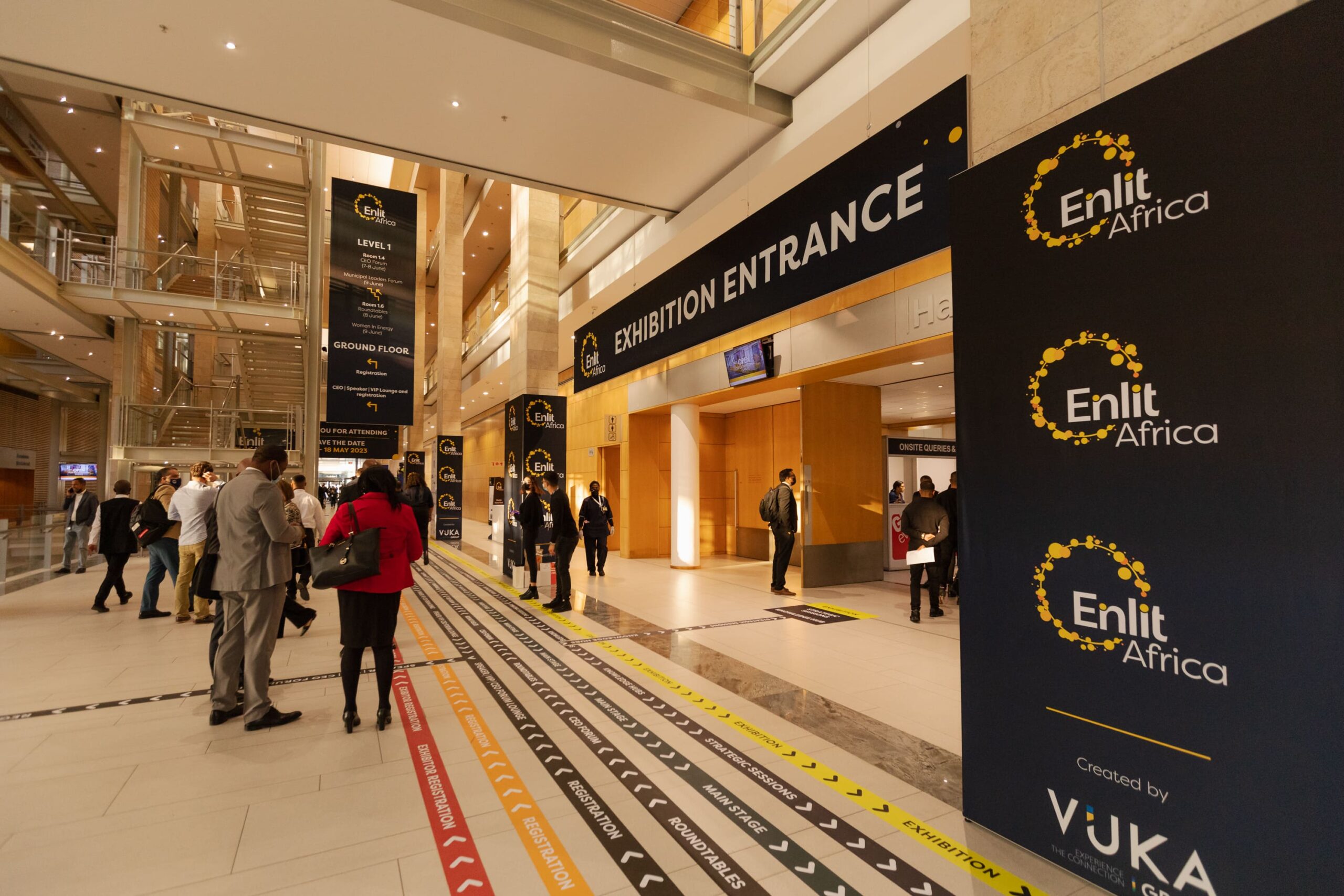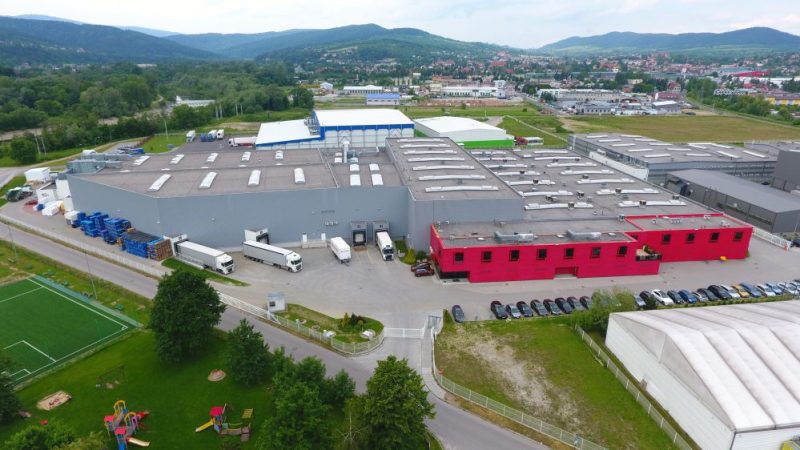From 16 to 18 May 2023, Africa’s most influential power, energy and water conference and exhibition, Enlit Africa, will take place at the CTICC in Cape Town. With South Africa’s energy crisis entering its darkest period, the thought that consultants, analysts, developers, and experts from every related sphere of influence will be coming together offers some hope.
”Considering that we’re expecting more than 4000 delegates and over 180 speakers drawn from 87+ countries, from academia and start-ups, independent power producers, government and municipalities, utilities, service and solution providers, the regulatory and EPC sectors, and more… It is extremely exciting,” says Chanelle Hingston, Group Director: Power & Energy of VUKA Group, the organiser.
“Enlit Africa 2023 is certainly more relevant than ever before as South Africa goes through a serious reckoning as to the future of electricity supply in the country,” says David Ashdown, CEO of VUKA Group, the organiser. “There is a definite sense that we’re facing an imperative and the world’s top energy professionals are coming to Cape Town to apply their minds to the multi-dimensional, multi-sectoral energy transition, which is our theme for 2023.”
The energy transition is more than just an energy issue – it impacts multiple sectors including transport, the production of alternative fuels and the intersection between energy and water among other things. Increased production of energy via renewable energy offers a chance to electrify many sectors currently reliant on fossil fuels.
“Our current electricity crisis actually offers us a chance to explore the opportunities that a truly competitive energy sector, driven by renewable energies, could mean for South Africa’s economy and future, and the legacy we leave as custodians of the planet,” notes David Ashdown, CEO of VUKA Group. “This is also a chance to step up and lead the energy transition in Africa.”
There will be two keynote sessions, two strategic conference tracks (the Main stage and the Strategic stage), and two practical conference tracks (a Renewable energy and storage hub, a Generation, T&D, and water hub). Content to be covered across the various rooms includes generation, renewable energy, finance/investment, distribution, transmission, hydrogen, metering and revenue management, mini-grids, IT/ICT and, importantly, energy storage.
“Energy storage is a technology that promises to bring the full benefits of renewable energy to fruition,” says Ashdown. “It is more than just an opportunity to store energy for later use – it is a technology that allows additional benefits across transmission and distribution networks as a means of improving power quality, addressing load demand challenges and network stability.”
Wheeling and dealing
Large power users across South Africa are taking the security of supply into their own hands, taking advantage of updated policies and regulations to generate their own power. Multiple business cases for the implementation of generation and supporting storage will be explored at the conference, fostering an understanding of how the addition of each business case changes the return on investment for each business.
There will also be a Municipal Forum, where multiple municipalities will come together to explore how their efforts to drive local economic development can be supported by changes in the power landscape in South Africa.
“The ability to wheel power across municipal electrical networks will make municipalities more attractive to businesses for whom wheeling is a consideration, encouraging local employment and bringing in additional revenue to the municipality through wheeling arrangements,” Ashdown explains. “By purchasing excess power from some of these large power users for local distribution, municipalities can also ensure energy security for their district, prioritising service delivery to consumers.”
Key discussion points around the wheeling of electricity across municipal boundaries will include:
- What progress has been made in supporting the policy and legal frameworks needed to facilitate this?
- How will the accounting for electrons moved and delivered be handled?
- Where are pilot projects delivering learnings?
The programme also includes multiple opportunities to network or attend a variety of site visits and product launches; and an expo with 368 exhibitors, including international pavilions for Belgium, Brazil, Canada, China, Germany, India, Taiwan, and the USA.
As Ashdown says, “Enlit Africa really offers everything you need to see and everyone you need to meet in one place.”
Africa’s other energy crisis
“When we hear the words ‘energy crisis,’ we South Africans immediately think ‘load-shedding’. But there is another issue, which really should be the focus for Africa for the next seven years – we need to ensure that we clear up as much of the energy access deficit as we can. We need to prioritise the 700 million people on the continent who have no access at all to modern energy resources.
“That is another reason that I’m so heartened to see the large number of delegates we’re expecting. We need to stand together as a continent, we need to learn from one another, and we know Enlit Africa provides a vehicle for real inter-African collaboration,” concludes Ashdown.







